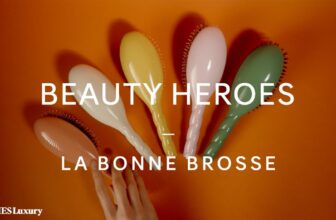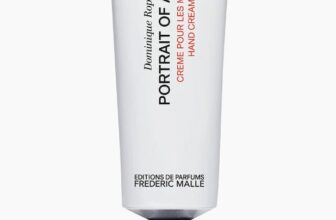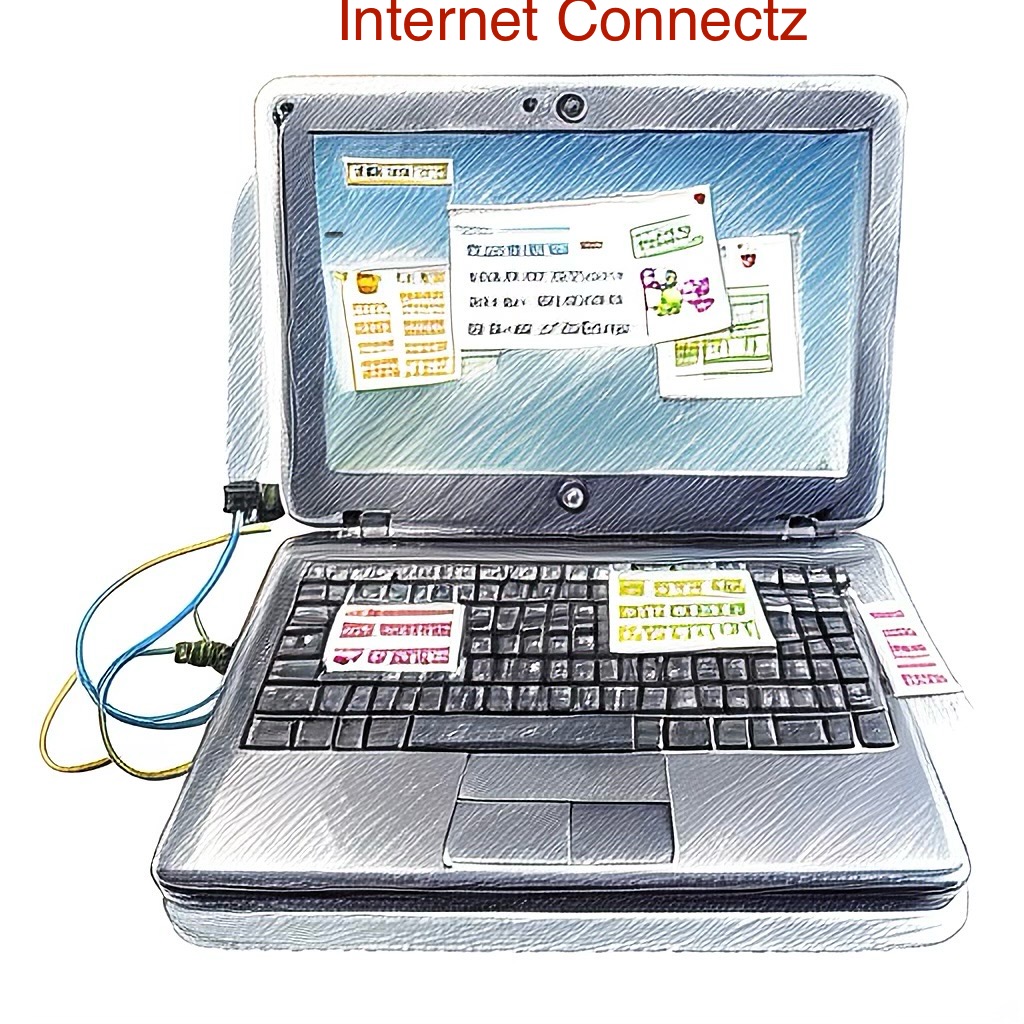Teenage girls and the ugly rise of ‘beauty rating’ apps
You are 75% pretty. You have a good face shape. Your forehead size is normal. You have poor face symmetry. Your mouth is too small for your face. Your chin is too large.
As Caroline* read the words that were set out, report-style, over a photo of her 15-year-old daughter, she felt a stab of sadness in the pit of her stomach. And then it dawned on her: perhaps this was why a few nights previously she had found a “Surgery wish list” in her daughter’s bedroom that included, among other things, a nose job, having her ears pinned back and lip filler injections for her upcoming 16th birthday.
Welcome to the (some would say) ugly world of “Am I Pretty?” apps. With names such as Beauty Scanner, Beauty Calculator, LooksMax and FaceScore, these apps involve uploading a photograph of yourself, before AI analyses it to determine your facial symmetry, structure and the proportion of your features — then algorithmically decides whether you are pretty or not. Some provide a “pretty score”.
There is also talk of the “golden ratio” of features, which is the distance between your eyes, nose, lips and chin. Some apps compare users’ ratios and results with celebrities, while others offer selfie editing features, which work like “digital facelifts” for their (often young) users, who can see what they would look like with the smoother skin, narrower chins, longer eyelashes or smaller noses that the app — via their “beauty score” — has recommended for them.
“Teenagers have always been competitive over looks, but these apps quantify this in a mathematical way,” says Chloe Combi, a former teacher turned researcher, speaker and author of Generation Z: Their Voices, Their Lives.
“Social media apps are rarely benign services. They masquerade as one thing to achieve another, perhaps using the algorithm to push things like cosmetic procedures or beauty products. It’s essentially a double whammy: teenagers are being made to feel worse about themselves, and then sold something to ‘fix’ a problem that doesn’t exist. They also have a competitive, viral element to them, which encourages users to share and post about what they’ve been told.”
• Read more parenting advice, interviews, real-life stories and opinion
Mel’s* daughter is 14 and until the age of 12 she was a happy and content girl, if a little shy. “Then she got a phone for her 12th birthday and things shifted,” Mel says. “She’s worn glasses since she was very young, but she began begging us to get her contact lenses. She also had braces fitted at 13, which absolutely devastated her. It was hard to unpick what was normal teenage angst and what was something more. But she began to focus on her appearance too much for my liking, and talked about joining a gym, getting highlights and buying false eyelashes. She was 14 by this point, and the more she focused on how she looked the further her self-esteem and happiness seemed to plummet.”
• How to raise a body-confident child
Eventually, last year Mel began looking through her daughter’s phone and saw she had been using a beauty app to rate her attractiveness. “When I confronted her, she told me all her friends use them too. I asked my older daughter — who is 17 — and she said all the Year 7s and 8s [children aged between 11 and 13] were using these apps and sharing their scores with each other.”
“Young girls used to look at magazines and compare themselves to the models in them, who tended to fit a certain beauty ideal,” the psychologist Dr Linda Papadopoulos says. “But our mothers would hopefully come along and point out to us that these women were photographed in good lighting and the pictures were usually airbrushed.”
It’s also true that even the most voracious readers of teen magazines, myself included, spent a lot less time reading them than today’s teens spend looking at their phones. And while the models in their pages were all beautiful, there was less homogeneity — the feline-featured Linda Evangelista with her cropped hair, and Kate Moss, significantly shorter and smaller-chested than her supermodel peers, refusing to get braces for her snaggle tooth.
“When I talk to girls in schools, they’re falling for this idea of beauty, and the celebrities they look up to, from Love Island contestants to the Kardashians, all have a very similar beauty standard,” Combi says. “Noses are small, lips and breasts are large, hair is long, and so on. Where’s the diversity? The inception of Facebook involved young tech bros creating a website to rate the attractiveness of girls at Harvard, and they’re still doing the same thing, just on a much bigger scale.”
• My 13-year-old spends more on her skincare than I do
“AI spits out what it’s told to,” Papadopoulos agrees. “It’s been fed a beauty bias by its creators, which seems to focus on a fixed and unattainable beauty ideal. These apps then tell their users categorically whether they’re pretty or not, which seems to hold even more weight in a young person’s mind. They are fundamentally problematic.”
It’s important to remember that boys aren’t immune from them either, she adds. One app called LooksMax AI helps its (mostly male) users reach their “looksmaxxing” potential, offering tips and recommendations to maximise their looks. In the past few years the trend has taken off on social media, with increasing numbers of male influencers offering tips and advice for teenage boys and young men on subjects such as skincare, nutrition, how to achieve a six pack, and exercises for a sharper jawline.

The psychologist Dr Linda Papadopoulos says that the apps are fundamentally problematic
GETTY IMAGES
“The trouble with these apps is that beauty in real life is so subjective,” Papadopoulos says. “We’ve all met somebody who is pretty in the traditional sense, but then you speak to them and realise that they’re not a very nice person. We’ve also met people who didn’t startle us with their beauty at first glance, but who are so kind, so funny and so great to be around that we find them attractive. Real beauty is not about facial symmetry, or the distance between your eyes, or the shape of your nose. That’s something AI and these apps will never understand.”
Papadopoulos thinks beauty apps are a natural extension of selfie culture, which is driven by likes and approval based on looks. “If you know your child is using these apps, as a starting point I’d advise you to speak to them about what AI really is,” she says. “How it’s full of bias, whether that’s racial, cultural or gendered.”
• Teen boys and the rise of ‘looksmaxxing’
She also suggests watching how you speak about your own appearance when you’re with them. “Often, when we talk about bettering ourselves, we mean externally. Whether that means eating a little less, getting our teeth whitened, Botox, improving our skin. There’s nothing wrong with those things of course, but there are other ways of bettering ourselves, like nurturing our friendships, reading more, learning a new language, playing a sport, reaching out to those who need help. In Victorian times, self-improvement wasn’t focused on the self, but rather charity work and giving back to your community.”
Role models also help. “Who do they value? Whether it’s Nelson Mandela, their favourite singer who writes all their own songs, or a Lioness or other sports star, point out to them that this person’s looks are the least interesting thing about them. Looks are the least interesting thing about anybody, if you think about it.”
However, Papadopoulos says this can be particularly hard for teens to believe, because they place so much value on looks. “Unfortunately, prettiness is highly prized in school, and if you’re pretty you often don’t even have to be nice, smart or kind to be popular. But a mild antidote to all this is to talk with your children about people in terms of their sense of humour, kindness or what a good team-mate they are on the football pitch. How they always include others.”
When Papadopoulos’s daughter was little, people would often tell her how pretty she was. “My reply was always, ‘She’s great at maths too — and she loves judo.’ I didn’t want her to grow up putting too much credence on her looks. It’s fine to tell your kids you think they’re gorgeous, but it’s better still to pick out a piece of their writing or arts and crafts for praise, or to point out when they’ve been a good friend. And this goes for teenagers too. Encourage them to put their self-esteem eggs in several baskets, and not just the one labelled pretty. And most definitely not in an app that has no idea how great they really are.”







